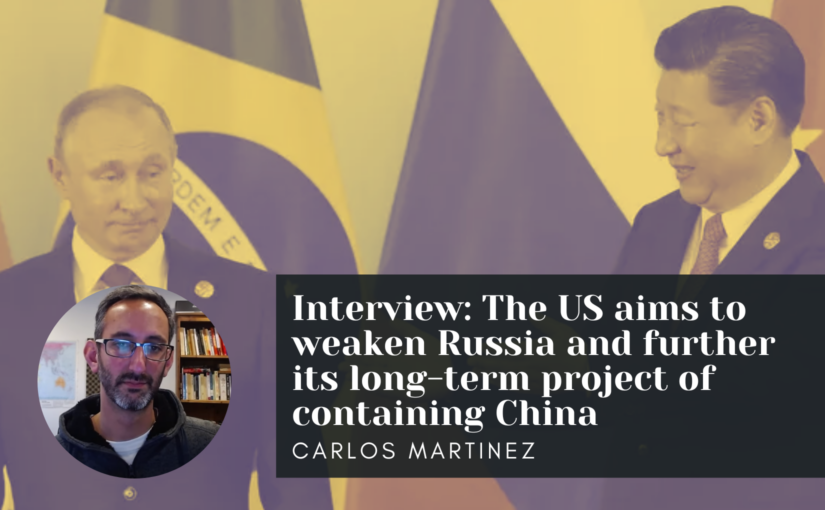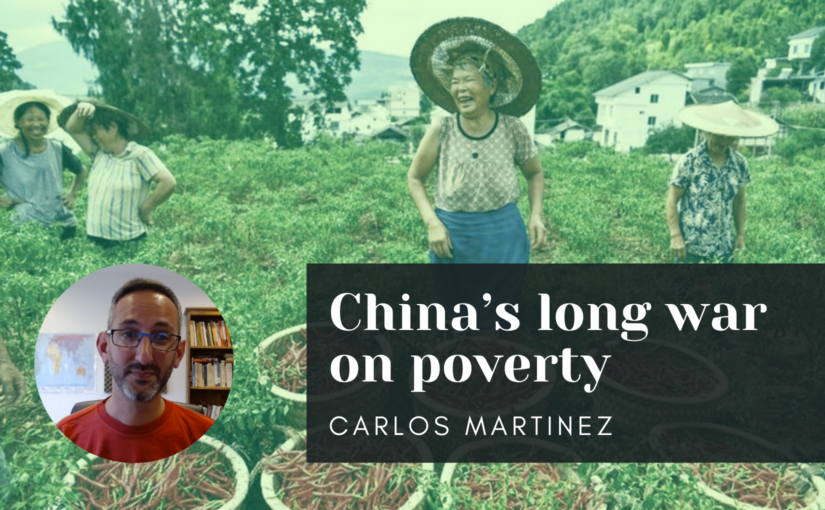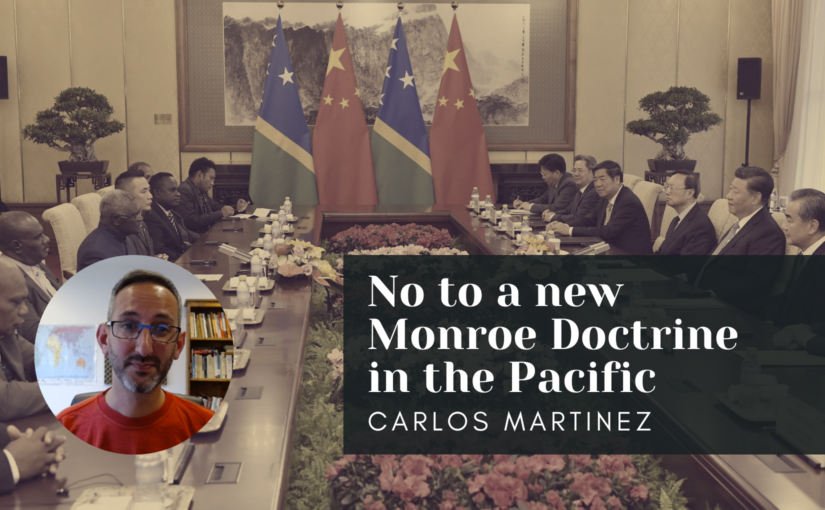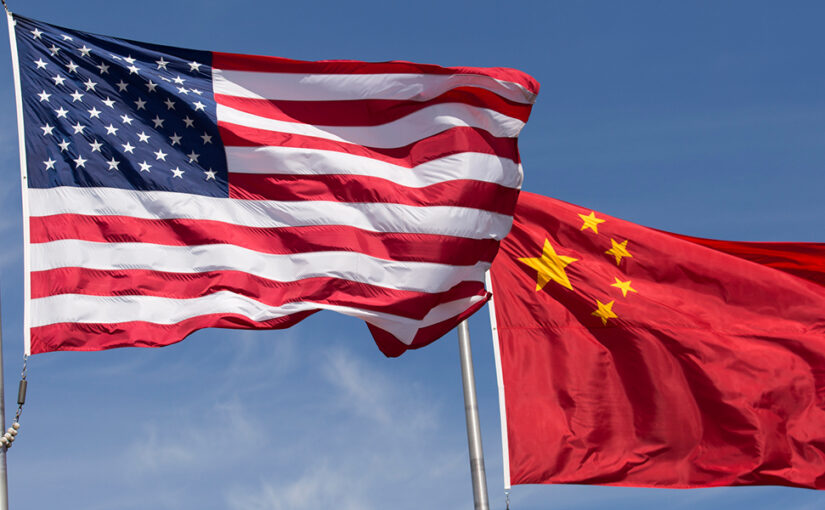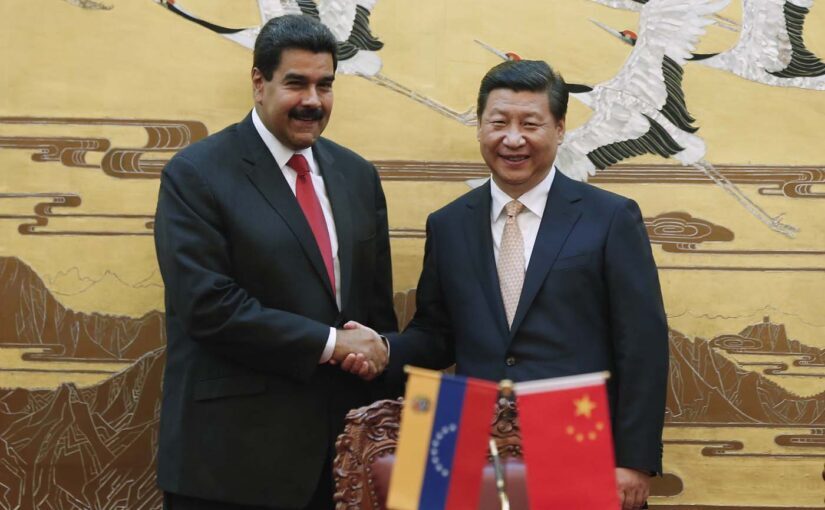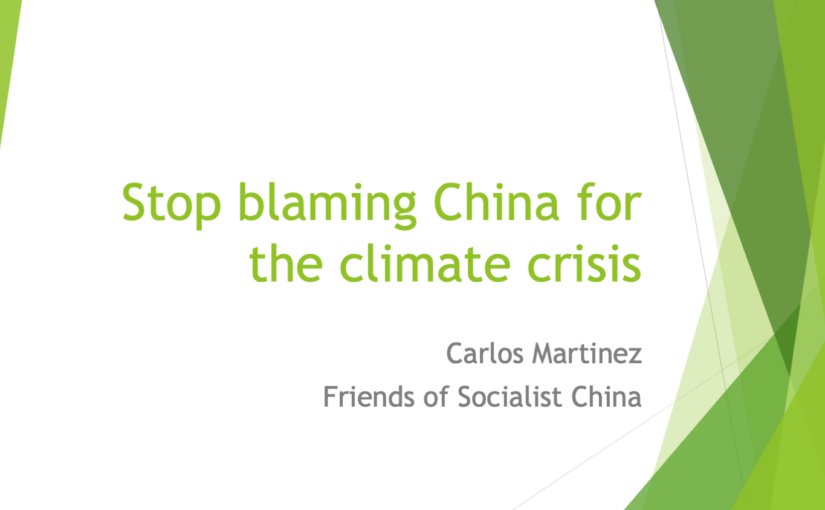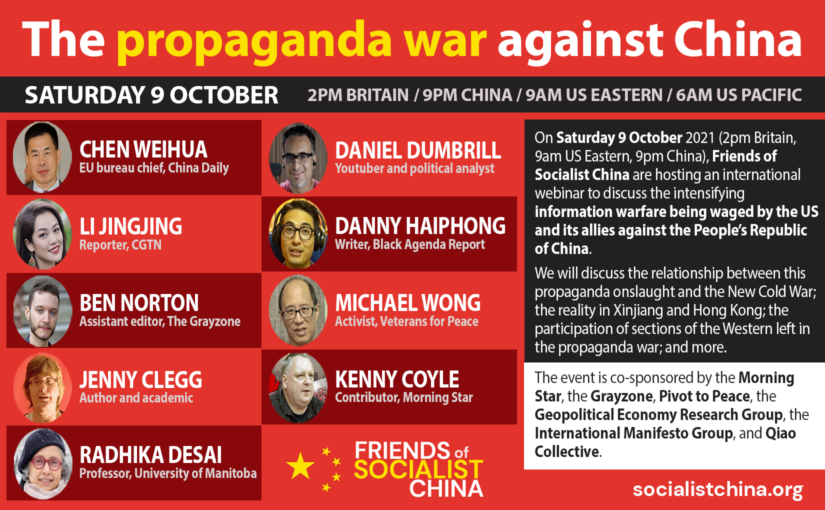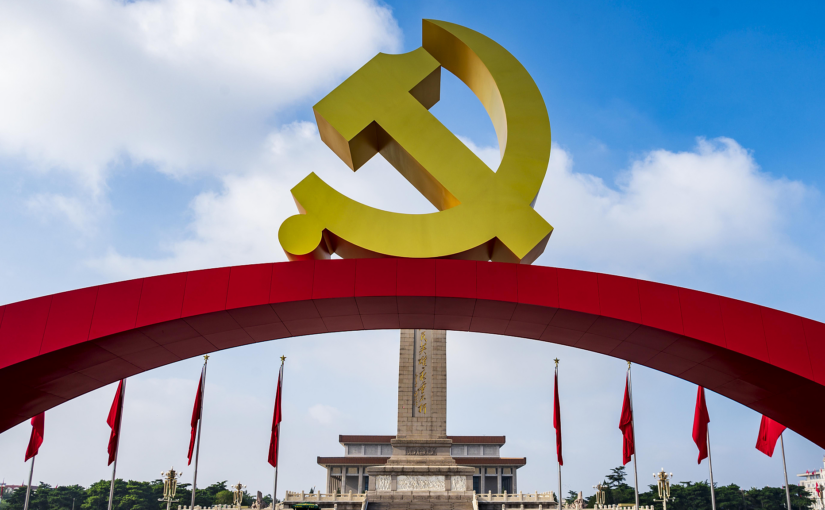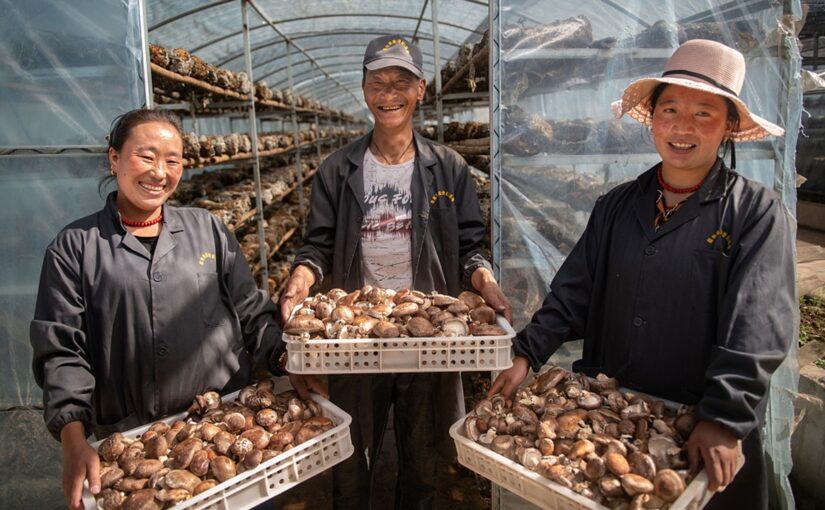This article by Carlos Martinez first appeared (in condensed form) on the Global Times website on 2 August 2021.
Multiple perspectives on human rights
Starting with the Carter administration (1977-81), the US has made human rights a centrepiece of its foreign policy. Jimmy Carter, seeking to improve the international image of the US in the aftermath of the Vietnam War, criticised human rights abuses and the lack of political freedoms in various US-allied dictatorships, including Chile, Nicaragua, Argentina and Brazil. Such criticisms were designed not only to enhance the US’s reputation internationally but also to buttress and give credibility to its ongoing ideological warfare against the socialist world.
Taking up residence of the White House in 1981, Ronald Reagan – a Cold Warrior par excellence – shifted the human rights spotlight away from the US’s geostrategic allies and towards its enemies, particularly the Soviet Union. The USSR’s refusal to implement a Western-style parliamentary system was painted as the quintessential abuse of human rights, and was used to rally support for the Reagan administration’s ‘full-court press’ hybrid warfare against the socialist camp and the Global South. Ironically, this included propping up some of the world’s most violent and repressive regimes, including in apartheid South Africa.
Since then, the conversation on human rights – at least in the West – has been whittled down to a discussion on a specific set of individual political rights. This narrative is framed such that the leading capitalist countries appear as the poster children of human rights; conversely, countries with alternative political models are pariahs.
From a standpoint of international law, however, human rights is a much broader topic. The Universal Declaration of Human Rights, adopted by the UN General Assembly in 1948, speaks of several different branches of human rights, including the right to live in dignity, freedom of thought, freedom of religion, freedom from discrimination; the right to food security and housing security; to work, to education, to healthcare, to clean water and modern energy.
To many people, particularly in the developing world, socioeconomic rights are foundational; they provide an indispensable basis for other rights.
The right to sovereign development is part of the foundation of human rights
The definition of human rights was expanded in 1986 at the UN General Assembly to include the right to development: “All peoples shall have the right to their economic, social and cultural development with due regard to their freedom and identity and in the equal enjoyment of the common heritage of mankind.” The right to development includes “the full realisation of the right of peoples to self-determination” and recognises that “states have the primary responsibility for the creation of national and international conditions favourable to the realisation of the right to development.”
As such, national self-determination and sovereign development – the right of each country to choose its own development model – is a pillar of human rights as properly understood in the modern era.
China provides a valuable example. China in 1949 was one of the poorest countries in the world. Its human rights situation was disastrous: millions of people routinely died in famines; the majority of its people were undernourished and lacked access to healthcare and education. Nor did they have even basic political and democratic rights.
The principal reason for this parlous state of affairs is that, for a hundred years, China had been denied the right to sovereign development. Foreign powers, starting with Britain in 1840, had actively imposed underdevelopment on China. These foreign powers – most notably Britain, Japan, the US, Russia and France – were intent on profiting from China, and had no interest whatsoever in the human rights of the Chinese people.
It was the Chinese Revolution, and the founding of the People’s Republic in 1949, that created the space for sovereign development; that set up a political and economic environment in which the human rights of the Chinese people could flourish. And in the 72 years since that time, China has been transformed. Life expectancy has more than doubled. Extreme poverty has been eliminated. Literacy is universal. Everybody has access to healthcare, to housing, to modern energy, to clean water.
To achieve all this in a huge developing country of 1.4 billion people clearly represents an enormous step forward in the human rights of the Chinese people. This progress was predicated on the Chinese people exercising their right to sovereign development; on ending imperialist domination.
The hypocrisy of the Western human rights narrative
The hollowness of the West’s focus on human rights is amply demonstrated by its selective application. The US and its allies maintain close and cordial relations with Saudi Arabia and Bahrain, for example, although those countries have appalling human rights records. The US has a long record of supporting – and indeed helping to install – profoundly repressive, violent and anti-democratic governments, such as the Pinochet regime in Chile and the Suharto regime in Indonesia.
In reality, the whole human rights narrative in its current form is a type of political theatre designed to win public support for a foreign policy based on cold calculation of geostrategic and economic advantage.
Meanwhile, human rights are increasingly put forward as a motivation for war, under the doctrine of “responsibility to protect”. Libya is an example: Western governments and media repeatedly criticised the Gaddafi government’s supposed human rights violations. Many of their stories were later proven to be false, but they had the effect of winning public support for a vicious imperialist war in which tens of thousands of people were killed and a whole country was reduced to rubble. Libya had been the country with the highest development index in all of Africa. On all the key socioeconomic indicators – life expectancy, literacy rate, infant mortality rate, access to healthcare – Libya performed impressively. Much of that progress has been wiped out by the war and the ensuing chaos. Thus NATO went to war in the name of human rights, and in so doing wiped out decades of progress in human rights.
The current propaganda barrage about human rights abuses in Xinjiang also has a very clear purpose: winning popular approval for the US-led New Cold War against China. The New Cold War has nothing whatsoever to do with promoting human rights – and certainly nothing to do with the human rights of Muslims, given the role of the imperialist powers in majority-Muslim countries such as Iraq, Libya, Syria, Afghanistan, Iran, Palestine, Yemen and Somalia. The purpose of the New Cold War is, rather, to slow down China’s rise; to prevent China from becoming a major power; to prevent the emergence of a multipolar system of international relations; to preserve the US-led imperialist system.
In other words, the imperialist countries have developed an elaborate and sophisticated narrative around human rights which they leverage precisely to deny peoples their human rights.
Perhaps the most startling irony is that the major capitalist countries are themselves failing in terms of providing basic rights for their people. In the US for example, poverty levels are rising. Millions of people don’t know where the next meal is coming from; millions have no hope of finding work; over half a million people are homeless. Racial discrimination is rampant. There are over two million people in prison – the highest incarceration rate in the world. Of this prison population, 34 percent is African-American, in spite of the fact that the black community makes up only 13 percent of the population.
The effects of the pandemic are compounded by the virus of racism. Life expectancy in the US fell by 1.5 years in 2020, largely as a result of the government’s utter failure to manage the pandemic. For Black and Latinx people, the drop in life expectancy was three years. These communities face a human rights catastrophe.
In the US and Britain, the number of Covid deaths per million population so far is around 1,900. In China it is three. If China had followed the Anglo-American strategy for managing the pandemic, it could be expected to have suffered a death toll upwards of 2.5 million. In fact, fewer than 5,000 people in China have died of Covid. Is the right to life not a human right? And should we not say that China has done significantly better at protecting that right?
Ending double standards and moving towards a productive global conversation on human rights
The imperialist countries should no longer be allowed to dominate the discussion on human rights, and the voice of the developing world should be heard. People in developing countries for the most part recognise that promoting human rights at the international level includes promoting the right to sovereignty development; this means adhering to the principles of peaceful cooperation, multipolarity, and non-interference in the internal affairs of other countries.
Once countries are allowed to develop in peace, freely, according to their people’s specific situation and needs, choosing a development model that suits them, their human rights prosper. As such, the fight for global human rights is inextricably bound up with the struggle against imperialism.

